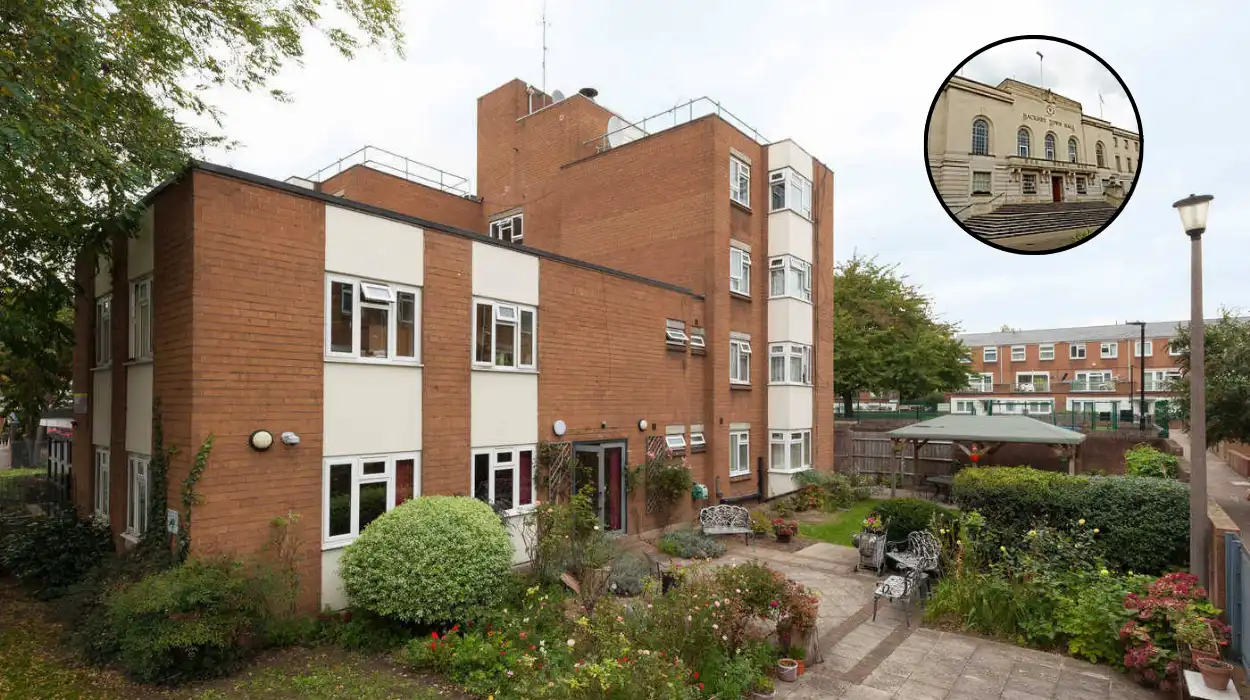Key Points
- Hackney Council has approved plans to demolish and rebuild a retirement block.
- The project has raised concerns about loss of sunlight for nearby residents.
- Impact on the local community and environment has been a major point of contention.
- The redevelopment aims to modernise housing facilities for elderly residents.
- Local authorities and developers maintain the benefits outweigh the drawbacks.
- Opponents argue the project could negatively affect quality of life in the area.
What are the details of the approved plans for the retirement block in Hackney?
Plans to demolish and rebuild a retirement block in Hackney have been officially approved by the local council. The redevelopment project intends to replace the existing structure with a modern facility designed to better serve the needs of elderly residents. This decision follows a comprehensive review process by Hackney Council, which considered various factors including community feedback and urban planning guidelines.
As reported by local media, the new building will feature updated amenities and improved accessibility, aiming to enhance living conditions for its occupants. However, the approval has not come without controversy, as concerns have been raised about the potential loss of sunlight to neighbouring properties and the broader impact on the local environment.
Why are there concerns about loss of sunlight and environmental impact?
According to community voices documented in recent coverage, residents living near the retirement block have expressed worries that the new construction will cast shadows over their homes, reducing natural light. This concern is significant because sunlight is a key factor in residents’ well-being and property value.
Environmental impact assessments submitted during the planning phase highlighted that the scale and height of the new building might affect sunlight penetration and local microclimates. Despite these findings, the council concluded that the benefits of providing modern housing for the elderly outweighed the drawbacks related to sunlight loss.
Who are the key stakeholders involved in the redevelopment?
The primary stakeholders include Hackney Council, the developers commissioned to carry out the project, and the current and future residents of the retirement block. Local community groups and neighbours have also played an active role by voicing their concerns during public consultations.
Council officials have emphasised their commitment to balancing development needs with community interests. Meanwhile, developers have pledged to incorporate design features that mitigate adverse effects, such as strategic building orientation and landscaping.
How did the council justify approving the plans despite opposition?
Hackney Council’s planning committee, as reported by local journalists, stated that the redevelopment aligns with broader urban renewal goals and addresses the urgent need for improved elderly housing. The council acknowledged the concerns raised but argued that the project includes sufficient measures to minimise negative impacts.
The decision was supported by technical evaluations and expert testimonies that underscored the importance of upgrading ageing infrastructure to meet current safety and accessibility standards. The council also highlighted the potential social benefits, including enhanced community facilities and increased housing quality.
What are the next steps following the approval?
Following the green light from Hackney Council, developers are expected to commence demolition of the existing structure in the coming months. Construction of the new retirement block will then proceed, with an anticipated timeline that aims to minimise disruption to the local area.
Community liaison initiatives are planned to keep residents informed and involved throughout the redevelopment process. The council has also committed to monitoring the project’s impact on the neighbourhood and ensuring compliance with environmental and planning regulations.
This redevelopment project in Hackney illustrates the complex balance between urban development and community concerns. While the modernisation of elderly housing is a pressing need, the challenge remains to address environmental and social impacts effectively. The council and developers face ongoing scrutiny as the project moves forward, with the local community closely watching the outcomes.



